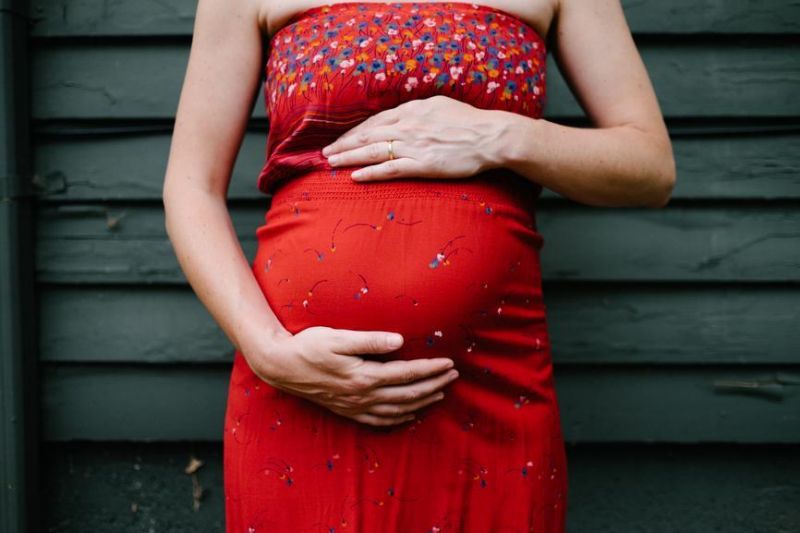
Should Women Be Allowed To Eat During Labor? New Research Says Yes
Dr. Pari was featured as a guest contributor in the article below, originally posted for Yahoo! Health by Korin Miller, October 26, 2015.
Withholding good nutrition during labor may lead to longer labors, according to a new report.
For years, women have been advised to fast during labor due to concerns they might accidentally inhale or choke on food or liquids. It’s current protocol to offer only ice chips and clear liquids to pregnant women once they reach the Labor and Delivery unit.
But new research is questioning this practice.
An analysis of 385 studies presented at the American Society of Anesthesiologists annual meeting determined that most healthy women don’t need to fast and can actually benefit from eating a light meal during labor.
Researchers from Canada’s Memorial University, St. John’s analyzed studies published in 1990 or later and found aspiration — when liquid or food is inhaled into the lungs, which can cause pneumonia — today among women in labor is almost non-existent. In the U.S., there was only one case of aspiration between 2005 and 2013, but the patient had a complicated labor.
They also discovered that there were no deaths from aspiration in the U.K. between 2000 and 2005, compared to 1.5 cases per 1,000 women in labor in the 1940s. Researchers say this may be due to advances in anesthesia care.
Withholding good nutrition during labor may even lead to longer labors and fetal distress, they found.
For years, standard hospital practice only allowed women to eat ice chips during labor. In 2009, the American College of Obstetricians and Gynecologists relaxed its recommendation, announcing that women who have an uncomplicated labor may drink “modest amounts of clear liquid.”
But Jason James, MD, medical director at Miami’s FemCare Ob-Gyn, tells Yahoo Health that the restrictions are there for a reason.
“Traditionally, women are advised not to eat during labor because of the potential for an emergency cesarean section,” he says. “In some cases, either due to the seriousness of the emergency or due to difficulty performing a spinal or epidural adequately, some patients need to be intubated and have general anesthesia.”
People undergoing general anesthesia — while in labor or not — are typically advised not to eat for hours beforehand due to the risk of aspiration if they vomit while they’re unconscious, which can lead to choking.
Pregnancy causes a woman’s stomach to empty at a significantly slower rate, James says, and aspiration is more likely to occur than in a woman who isn’t pregnant. “Aspiration can lead to severe pneumonia, which can cause a patient to become critically ill, and can even occasionally be fatal,” he says.
Vomiting from pain experienced during contractions is also a concern with having a full stomach and may lead to aspiration, says Melissa Goist, MD, an ob/gyn at The Ohio State Wexner Medical Center.
But board-certified ob/gyn Pari Ghodsi, MD, points out that most women don’t want to eat while they’re in labor. “Every woman is different, but I have found that most women that have started the active stages of labor lose their appetite,” she says.
However, experts agree that a light meal may be beneficial to a laboring woman who doesn’t have complications and is at low risk for needing an emergency cesarean.
“The ability to eat light amounts would appeal to patients, certainly improve their satisfaction with their experience, and probably supply some additional nutrition to help them muster the strength to push when it comes time to finally deliver,” says James.
Goist says it can be especially beneficial for a woman in prolonged labor. “A patient that understands the potential risks (although small) should be able to proceed with eating,” she says.